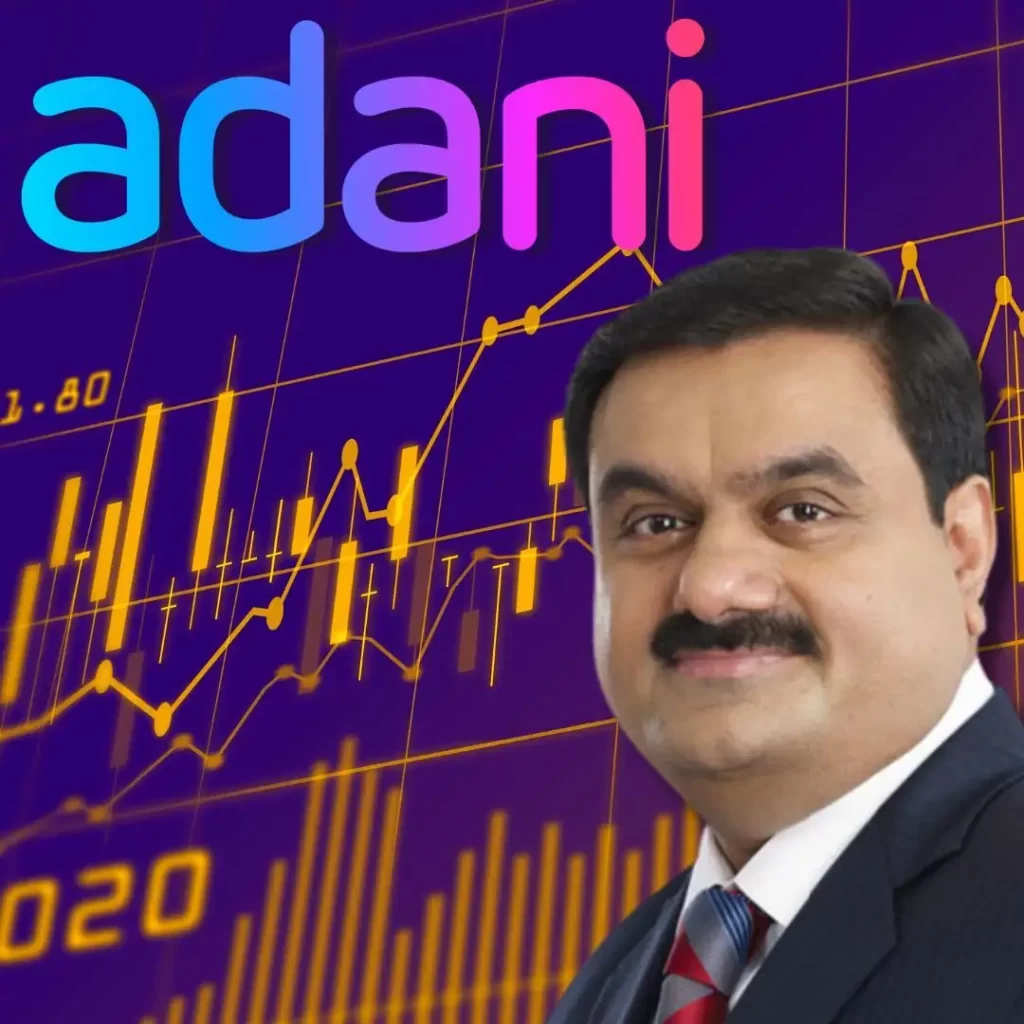A US-based forensic financial research firm, Hindenburg Research, toppled down the fastest moving billionaire of 2022 Gautam Adani from the list of the World’s top 20 richest people. Hindenburg Research released a report titled “Adani Group: How the World’s 3rd Richest Man is Pulling The Largest Con in Corporate History” on January 24, 2023 accusing that the Adani Group itself was involved in share price rigging and accounting fraud to raise the market capitalization of their own companies.
However, the Adani Group demonstrated firm denial and described it as a calculated attack aimed at India and its organizations. In response, Hindenburg denounced Adani’s claim, stating that the Group made an exaggerated reaction by attempting to conceal fraud using the nationalistic sentiment instead of addressing the accusations they have made.
Nevertheless, the short-selling report by Hindenburg not just succeeded in impacting the price of Adani stocks, but also created enough noise in the Indian economy.
Impact of Hindenburg report on Adani and Indian economy
Under the leadership of billionaire Gautam Adani, the Adani group’s seven publicly-listed companies have seen a decline of approximately $120 billion in market value since Hindenburg Research report accusing the group for improper utilization of offshore tax havens, stock manipulation and other frauds.
According to Aswath Damodaran, the “Dean of Valuation” at NYU’s Stern School of Business, the Adani Group has taken advantage of the shortcomings in India’s institutions rather than playing a “con game.” The finance professor stated that the fundamental aspects of a company were never considered in the Indian stock market. People are reluctant to express negative opinions about companies and stocks fearing that it can create a bearish outlook in the market. He added that Adani is not just about the company, but instead a reflection of the weaknesses in India’s story. According to Damodaran, Adani has merely capitalized on these weaknesses.
The Adani situation stirred concerns among investors in India as the scam might induce economic and political risk further, affecting market sentiment negatively. A study by Nikkei Asia shows that the Adani Group’s total debt amounts to Rs 3.39 trillion ($41.1 billion), which is equal to or greater than 1% of India’s entire economy. According to the International Monetary Fund, India’s nominal GDP as of October 2022 was recorded at Rs 273 trillion. This puts Adani’s debt in proportion to the economy at approximately 1.2%. According to the Economic Times, state-run banks, primarily led by the State Bank of India, have provided about 75% of the Indian banking sector’s exposure to the Adani Group, accounting for 30% of the total. Meanwhile, Indian private sector lenders hold a 25% share, representing 10% of the total. The group’s major acquisitions have been funded by foreign banks.
Since the Adani Group scam came into light, the fundamental concern for India was that the country might lose its foreign investors’ confidence. The aftermath also validated the worry as the Foreign Portfolio Investors (FPIs) have increased their bearish stance by selling shares and a high number of Nifty and Bank Nifty futures contracts. Nifty stands for National Stock Exchange Fifty. Nifty is a collection of 50 highly performing and attractive stocks used to assess stock market trends in India while the Bank Nifty is an index that consists of the most actively traded and highly capitalized Indian banking stocks.
How Adani is linked with Indian politics and economy
According to Mihir Sharma, a senior fellow at the Observer Research Foundation in New Delhi, the Adani Group has become a vital tool for India’s economic aspirations under Prime Minister Narendra Modi with investments in ports, roads, rail, airports, and power. Adani and Modi share a close relationship that has endured for twenty years.
A significant portion of the information presented in Hindenburg’s report is not new to Indian investors. They have been aware for years that Adani Enterprises Ltd, which serves as the centerpiece of the Adani empire, has a substantial amount of debt, and the origin of its funding lacked transparency. Adani shares are typically not very actively traded, and most people in India are unlikely to believe that Adani businesses deliberately sought to defraud retail investors, despite the fact that both public sector banks and state-owned insurers have made substantial investments in them.
The necessity of Adani arises in Indian politics as the current Indian government lacks its implementation capacity. The public sector in India is too inefficient to construct the infrastructure aspired by the government, and the remainder of the private sector is excessively preoccupied with political risk.
The origin of the money, whether from public sector banks, pension funds, or offshore capital, is irrelevant to India’s growth if the fund is utilized effectively.
Adani’s companies have made impressive commitments, but only time will tell if they can deliver. If they succeed, their paper valuations may become reality. However, if they fail, the consequences will be significant, affecting not just Adani’s investors but also India’s industrial policy, banks, politicians, and citizens. India has made a big bet on Adani, and if it backfires, the repercussions could be severe.








